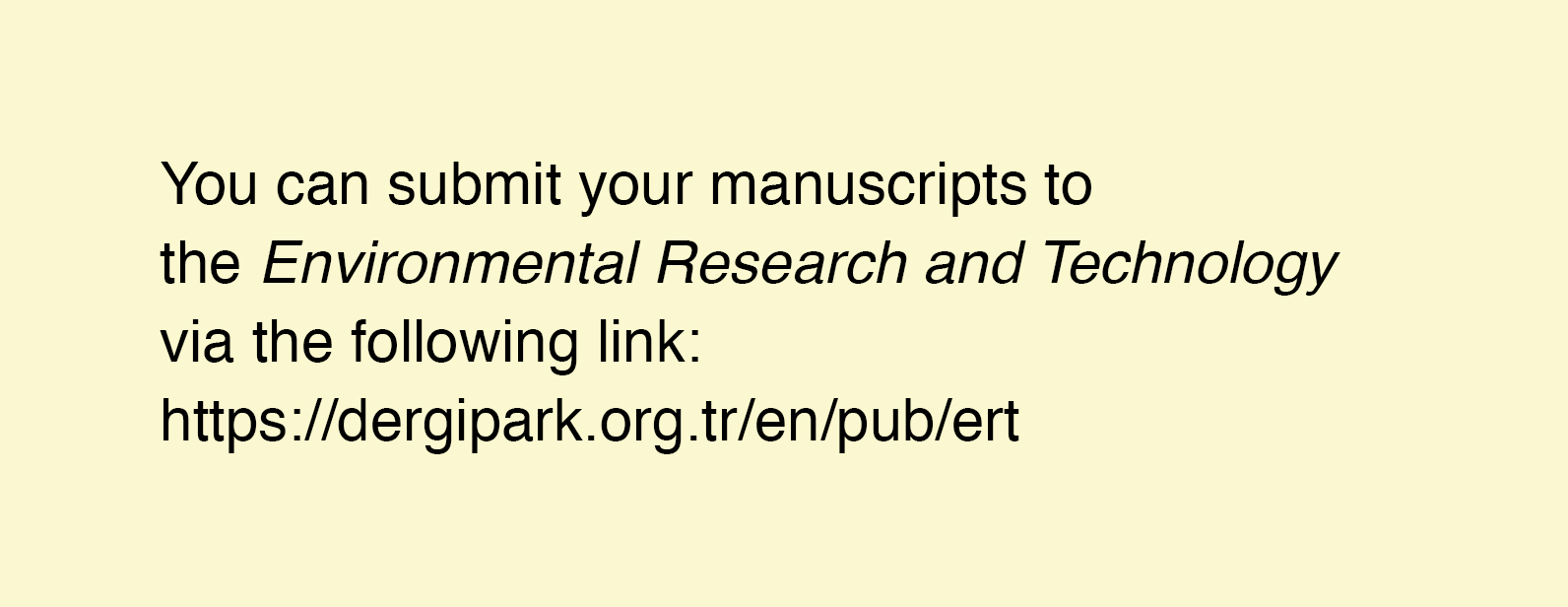2IO Environmental Solutions R&D Co., İstanbul, Turkey
3İstanbul PPPCOE, İstanbul, Turkey
4Ergün Çevre, Ankara, Turkey
5TÜÇEV, İstanbul, Turkey
6Ergenekon Consulting, İstanbul, Turkey
Abstract
Packaging waste has a detrimental impact on the pollution of the ecosystem unless it is not managed properly. Many countries try to solve this problem by collecting beverage packaging before it gets mixed with other wastes and sends the beverage packaging to recycling facilities. In order to reproduce a packaging material, in the exact same form and quality as the materials produced from the raw material, the quality and status of the used material become rather important. Therefore, a specific method, among others, becomes prominent for the re-collection of the used beverage packaging, before these become wasted and contaminated. This system is called the “Deposit Refund System (DRS)”. In the DRS, each beverage packaging shall have a certain deposit value and with each purchase, the consumer shall pay that deposit value in addition to the product price. This system leads the way to a clean and effective collection of recyclable beverage packaging. The aim of this study is to draw attention to the importance of packaging waste, to introduce the Deposit Return System, which is the best management method of used beverage packaging in the world, and to introduce the reader to the main lines of the deposit return system we have developed for Turkey. In this study, we have researched the best practices of DRS and examined the implementation of the system. The methodology we used included a detailed examination of all the administrative, technical and economic processes necessary for the sustainable implementation of the subject. The success of the system depends on a clear structuring and outlining of the relationships, duties, authorities, and responsibilities of each stakeholder. Accordingly, the legal framework shall set forth a comprehensive framework,
in order to regulate all procedures and principles relating to the DRS. The main outcome of the study is to determine the advantages of implementing the DRS in Turkey, for beverage packaging waste management. In addition, we analyze the governance models of DRS, where the DRS is run by an Operator. We examine the alternative governance models, such as stateowned and Public-Private Partnership (PPP) models other than “non-profit organization model” which is common in EU countries. We further elaborate on the financial sustainability of the PPP projects and how to create “bankable projects”. As an innovative model for the DRS, we created a well-structured finance model with a resilience revenue stream in the PPP option for long-term public services. The DRS is one of the best implementation mechanisms for the separate collection of packaging waste. In the countries where DRS is applied, recycling rates reach up to 98% for beverage containers [1]. DRS in Turkey can increase recycling rates up to 70% for PET, glass, and aluminum materials. This outcome leads more efficient and closed-cycle source management. The New Circular Economy Action Plan by the EU aims to design the entire life cycle of products while promoting circular economy processes, fostering sustainable consumption, and aiming to keep resources available as much as possible in the EU’s economy. Lastly, we also considered and examined other environmental benefits of the DRS in Turkey.











